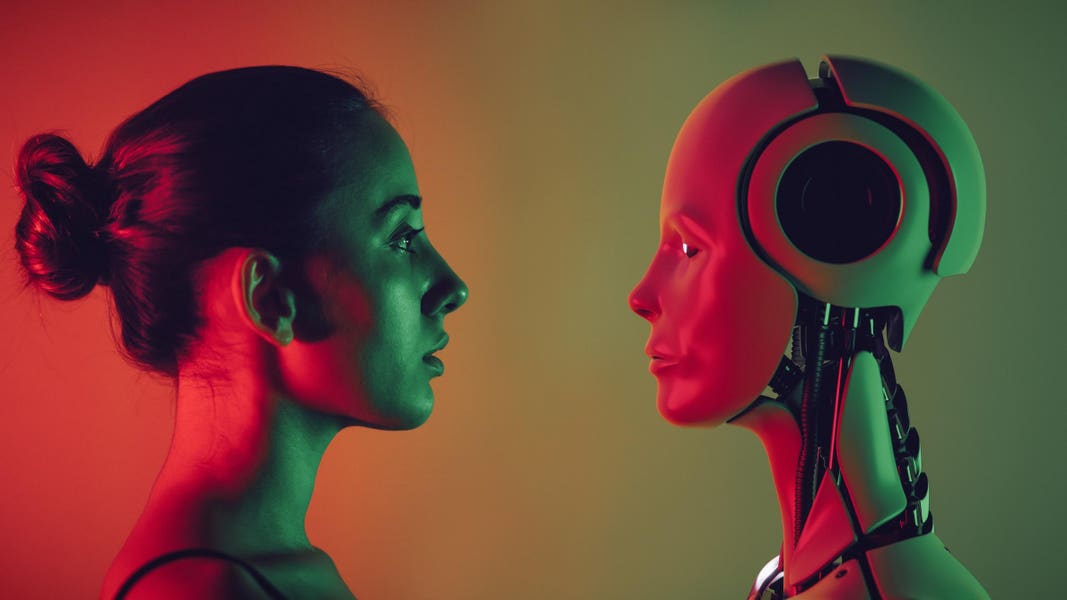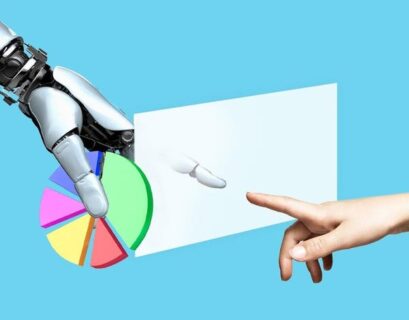Artificial intelligence systems are poised to revolutionize the workforce, but the transition won’t happen overnight, according to researchers at the Massachusetts Institute of Technology (MIT).
Neil Thompson, the director of MIT’s FutureTech research project, emphasized that while there will be an initial push towards AI integration, the process will unfold gradually. The team’s study, soon to be published in Management Science, highlights the importance of AI systems not just being proficient in tasks currently carried out by humans but also economically viable in terms of implementation and job redesign.
The research primarily focuses on AI applications utilizing machine vision, which enables computers to interpret visual data like images and videos. By analyzing 420 tasks across commercial and industrial sectors where machine vision could potentially replace human labor, the researchers discovered that the cost efficiency of AI varies significantly depending on the specific job requirements.
For example, tasks like visually inspecting products or reading labels, where the visual component is a minor aspect of the overall job, may not yet justify the expense of AI adoption due to the high cost of current machine vision systems. In these scenarios, human workers remain the more cost-effective option.
While the study’s findings suggest that AI would lead to cost savings in only 23 percent of cases analyzed, Thompson acknowledges that ongoing advancements in AI technology will likely expand its cost-effectiveness across a broader range of jobs in the future.
It’s important to note that the study focuses solely on machine vision applications and does not encompass the potential impact of advanced AI systems like ChatGPT. Thompson’s team is exploring ways to evaluate the implications of these systems, although such assessments may require extensive research efforts.
Although the research is pending peer review, experts like Christoph Riedl from Northeastern University and Joseph Fuller from Harvard Business School support the study’s premise. Riedl likens the gradual adoption of AI to historical technological shifts, emphasizing the need to harness new innovations effectively to realize their full potential.
In conclusion, while AI advancements hold the promise of transforming various industries, the journey towards widespread AI integration will be a nuanced and evolving process, reshaping the future of work gradually over time.
For inquiries, contact Hiawatha Bray at hiawatha.bray@ globe.com. Follow his updates @GlobeTechLab.










